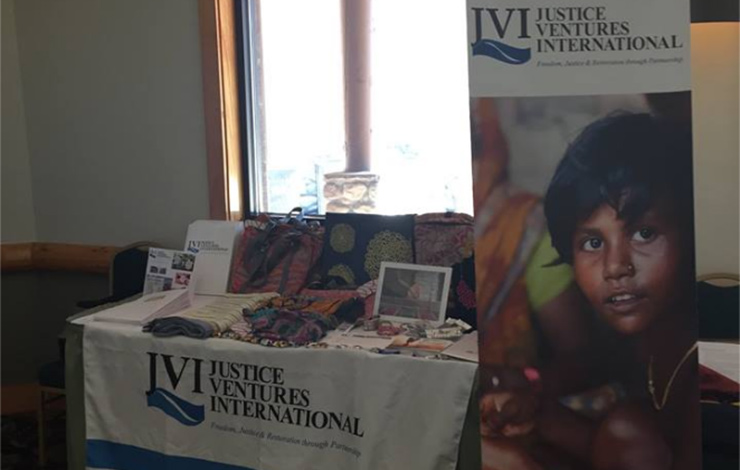The Migrant Justice Project was designed to address migrant workers’ fundamental rights and expand Justice Venture International’s outreach to migrant workers in Beijing. Program activities included educating migrant workers about their legal rights through community-based programs, developing a manual for training NGOs working with migrants, and building a network of pro-bono legal service providers for migrant workers.
Challenge

China has the largest number of internal migrant workers in the world, estimated at well over 200 million and will likely swell to over 500 million by 2020. Although this mass migration has helped fuel China’s remarkable economic growth, it has also spawned severe social problems. Most notably, China’s “hukou” system circumscribes migrant rights and access to public goods and services such as legal services, healthcare, housing, decent employment, and education for children. These difficulties emerge from inherently lesser rights given to those with an “agricultural” hukou and further restrictions on those who have migrated away from the town where their hukou is registered. Migrant workers are particularly susceptible to exploitation by unscrupulous employers and are often subjected to harsh, unsafe, and illegal working conditions or short-changed on wages or other benefits – and sometimes not paid at all. In sum, despite the migrants’ large numbers, members of this societal “subclass” are routinely denied basic rights and often exploited by the labor market due to their lack of education, money, and knowledge of the law. The Migrant Justice Project is designed to help migrant workers by empowering the poor to understand, claim and realize their legal rights under China’s legal system.
Program Summary
The Migrant Justice Project (MJP) will deepen and expand pilot programs through which JVI reaches out to migrant workers in Beijing, educating these migrant workers about their legal rights, and building a network of pro bono (volunteer and reduced fee) legal services programs to assist migrant workers in legal matters. The Migrant Justice Project will undertake the following activities over a 12-month period:
- Conduct at least 12 training programs (including legal trainings and clinics) through INCLUDED ’s community-based programs, reaching hundreds of migrant workers and family members
- Conduct at least 4 legal trainings for NGOs serving migrants
- Establish a dedicated panel of at least 35 pro bono lawyers who will provide access to justice for migrant families in ’s service areas
- Develop an Advocacy Manual and accompanying training modules for use by NGOs in training migrant workers to secure their rights in Beijing
- Deliver pro bono legal services (i.e., mediation, arbitration, litigation or other legal services) by Chinese lawyers to migrant families on over 100 legal matters
Impact
The MJP’s proposed legal aid programs will directly address the lack of respect for fundamental rights of migrant workers in China. By educating migrants and enforcing the rights of a discriminated-against minority, the project will especially promote equal treatment and absence of discrimination. Migrants will have better access to justice and effective use of the justice system and will see tremendous improvements in effective regulatory enforcement, due process, timeliness of administrative proceedings, and improper influence. The project will leverage and improve informal systems that are available under Chinese law to ensure the broadest potential impact for migrant clients. Overall, in the short-term, the MJP will conduct monthly legal trainings and maintain weekly clinic hours in migrant communities ensuring greater access to justice for hundreds of migrants. In addition, written materials developed through the program have the potential of reaching many additional migrants. As JVI’s collaborative model of intervention in China is refined through this pilot, a considerable long term impact is the expansion of this model to other cities across China.
Partners
Justice Ventures International’s partners include:
- The Migrant Resource Network;
- The Beijing Legal Aid Office for Migrant Workers; and
- Various NGOs in China


